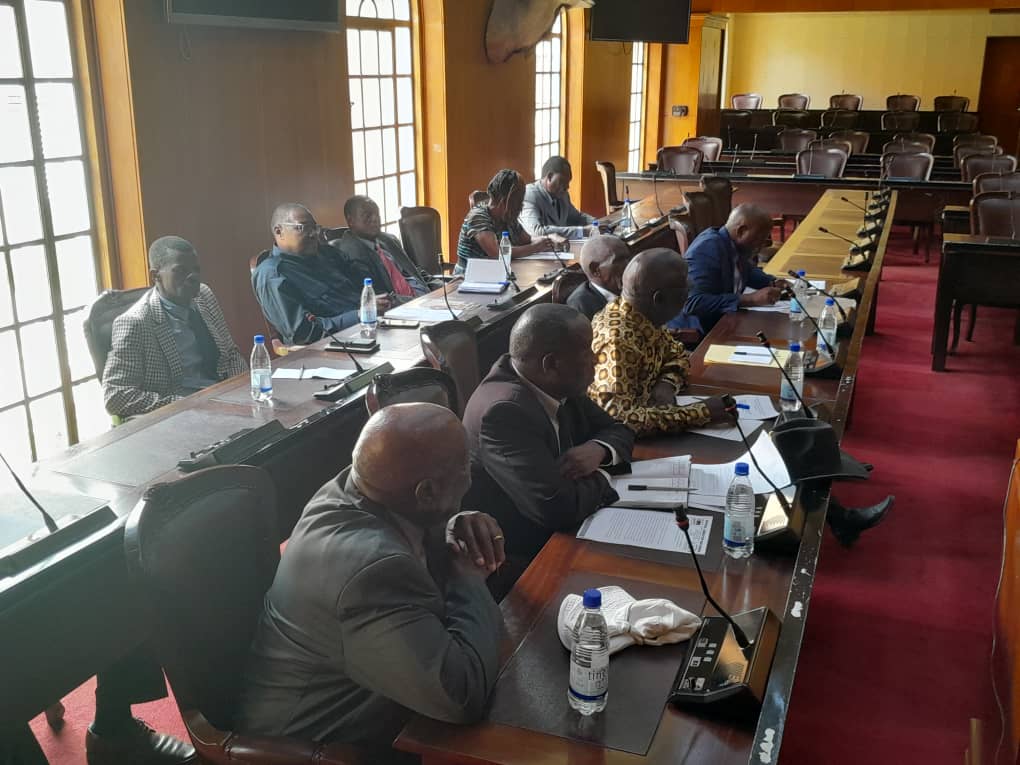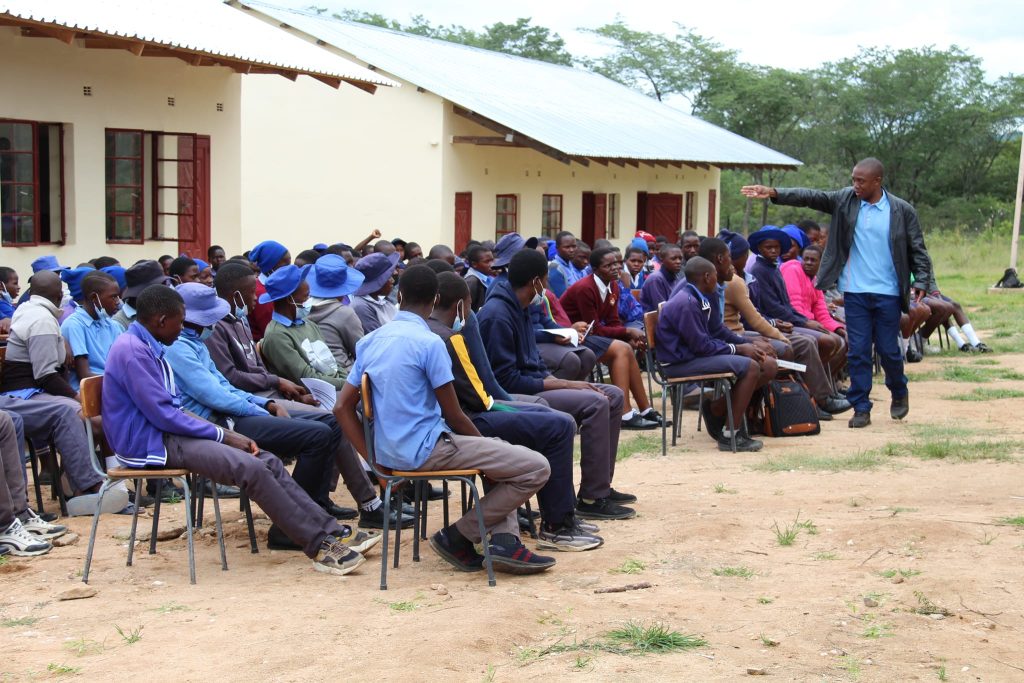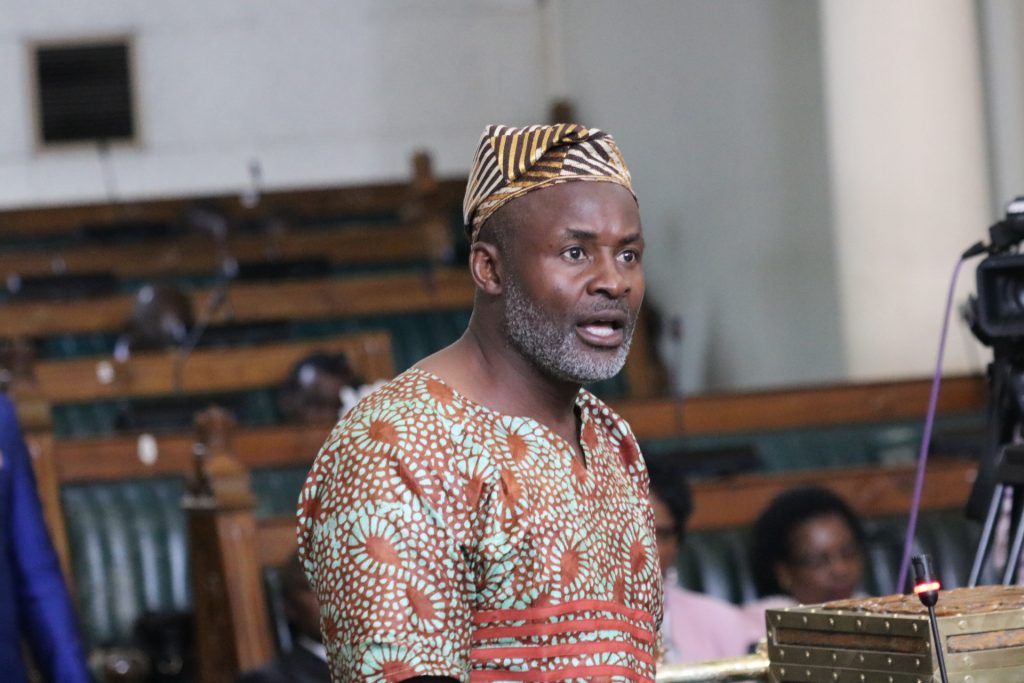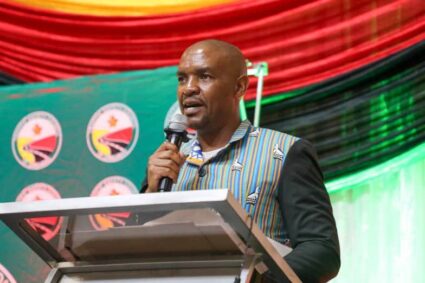Zimbabwe is currently working on amending the Public Health Act under a process which, as of now, is known as the “Proposed Medical Amendment Bill“.
One of the areas targeted for an overhaul in the bill is Section 35, which restricts minor children from accessing sexual reproductive health services without the consent of the parent.
A report by the Joint Committee on Health and Child Care was presented in the lower house in February 2022, tabling the findings of the committee’s preliminary round of public hearings held across the country.
Debating on the proposed bill, Health and Child Care Parliamentary Portfolio Committee chairperson, Dr Ruth Labode, advocated for a clause in the bill that allows adolescent girls to access contraceptives.
“We know that our teenagers are indulging in drugs and drugs lead to your losing capacity to control your body. This is where you hear vuzu parties, multiple partner sex”, Labode told the House.
Lwazi Sibanda, Matabeleland North representative on the proportional representation card, supported Hon. Labode’s submission.
“A child should go to the hospital on his/her own to get help, be it she wants tablets to prevent pregnancy”, she said.
Sibanda further argued removing age restrictions in accessing health services will go a long way in preventing adverse eventualities like illegal abortions.
“If we say children should not go to the hospital on their own, what are we saying? Some of them are now going for backyard abortions and dying and for some of them, their wombs are getting damaged.”
REJECTED OUT OF HAND
In 2020, the government rejected a petition to widen access to reproductive health services by a Sexual Reproductive Health and Rights (SRHR) organization; Advocacy Core Team (ACT).
The petition, presented to Parliament, sought the amendment of the Public Health Act of 2018 to scrap age restrictions on accessing reproductive health care services by adolescents (minors aged 12-19 years).
Government argued such an amendment would promote child marriages. Addressing parliamentarians, the Minister of Health, and Child Care, Constantino Chiwenga, also argued the methods of contraception were not 100 % effective, therefore posing a risk of complications to adolescents.
FREE MEDS FOR ADOLESCENTS
During the committee’s public hearings, adolescents made demands for free medical care saying as children, they have no financial capacity to fund their own treatment at health institutions should the bill pass into law.
The same view is shared by some parents and community leaders, who feel free treatment to children is the only way to ensure universal access to health care in line with the United Nation’s SDGs program.
Councillor Rhoda Jaji of Ward 4, Hurungwe Central in Mashonaland West, told My Afrika Magazine that while the protracted process of amending the Act is ongoing, there’s need for the government to avail free treatment to adolescents and ensure rural health facilities have at least the basic stock of drugs to effectively deal with all sexual reproductive health problems presented in clinics by young people.
“There should also be programmes where community health workers move around teaching adolescents about sexual reproductive health and how to avoid risky behaviour that compromises their health. Also, if we could have specially trained teachers in schools to teach children about these issues”, she said.
A CONCOCTION OF BAD LAWS
But while the proposed bill is seemingly enjoying wide support from backbenchers across the house, there are some lawmakers who feel this law, if passed, can conflict with other existing laws and pieces of legislation, and cause more harm than good. One such law is Section 22 of the Marriages Act, which prohibits marriages of persons under the age of 18.
Norton Member of Parliament, Temba Mliswa, told My Afrika Magazine that it will be difficult for him to support the bill because it was “a painful law” which “encourages” instead of “discouraging ” child marriages.
“We seem to be bringing laws which encourage them to be pregnant early, to indulge early, and to have these STIs early because it’s unstoppable”, he said.
Mliswa believes more effort should be put in bringing education and consciousness to children and make them enlightened about the dangers that come with early and reckless sexual indulgence.
“This is one of the most painful laws which has come in which is encouraging early child marriages and so forth.”
He said there’s need to align laws for them to complement each other in a coherent manner.
“These (laws) are a confusion, because if you touch this law, this law exonerates that, so it’s a total confusion and a concoction of bad laws.”
However, Zimbabwe’s civil society, in its plurality, will beg to differ with Mliswa ‘s opinion and insist the abolishment of the age-restrictive clause in Section 35 is long overdue.
Tatenda Songore, Director of Youth Advocates Zimbabwe, a local PVO championing the needs of young people, including health, told My Afrika Magazine that the fears that the bill would encourage child marriages if passed into law were unfounded.
“There is no evidence to show a direct relationship between removing the age-related restriction to access sexual and reproductive health services and a direct increase in child marriages. No child should be married below 18 years as per the law. Evidence shows that when you allow young people to have comprehensive knowledge and choice to prevent pregnancy, they will have the opportunity to go to school, plan when to have children, and have a better chance in fighting poverty as they can pursue a career of choice.”
Songore further argued that withholding SRH information and services when needed means adolescents will be left to their own devices and end up researching for information from unreliable sources or fall into the trap of being taken advantage of by adults.





